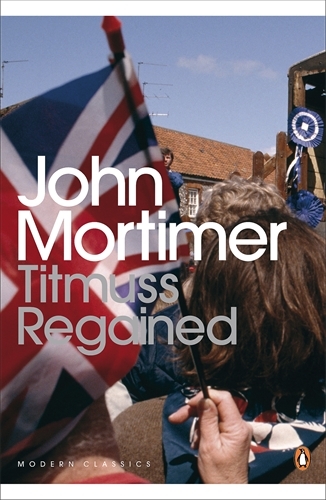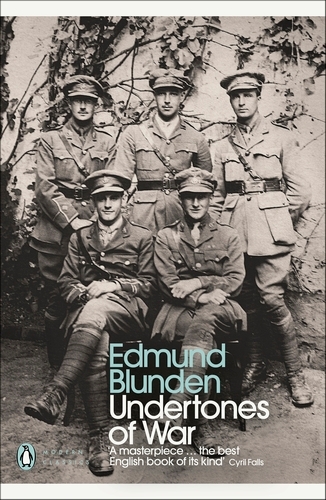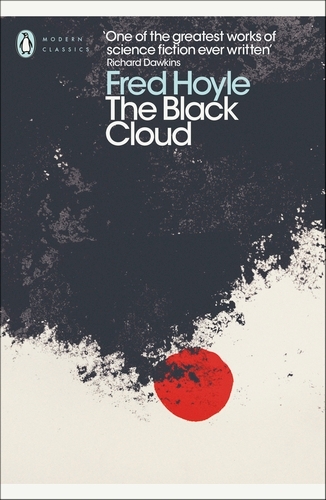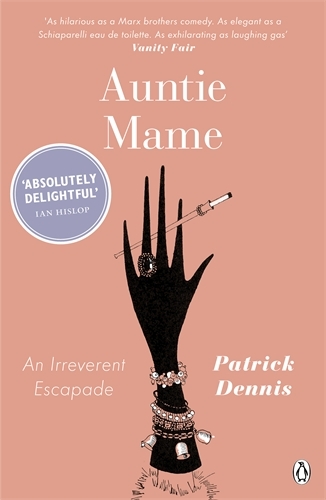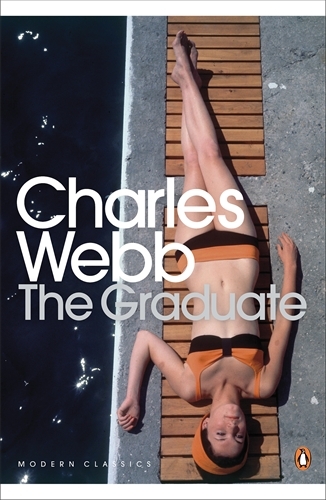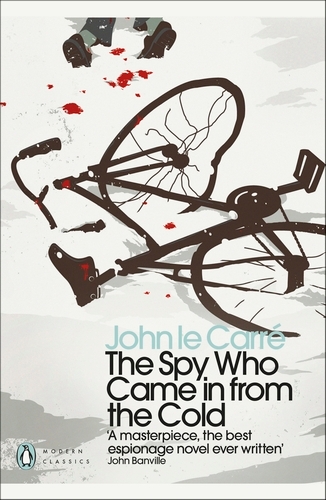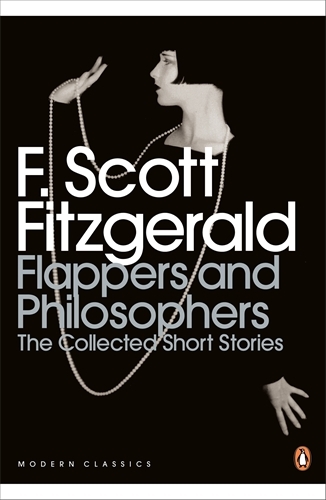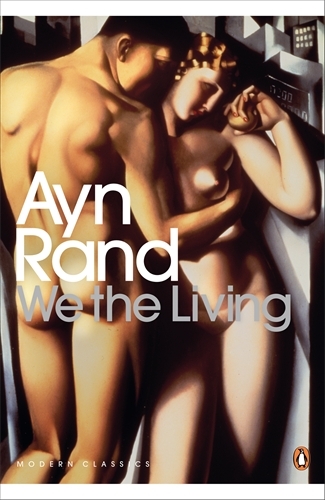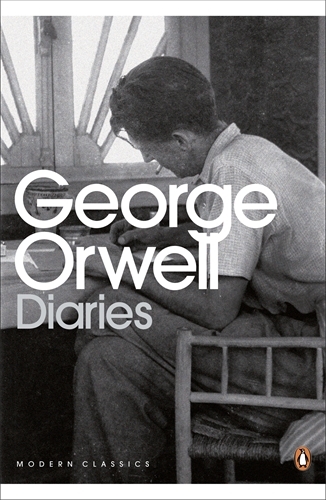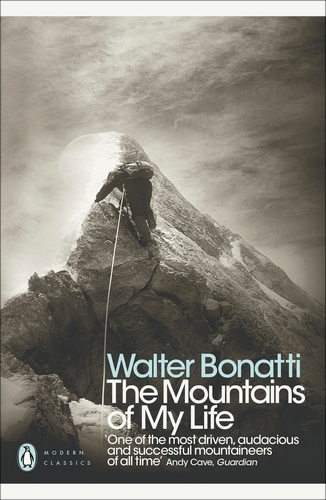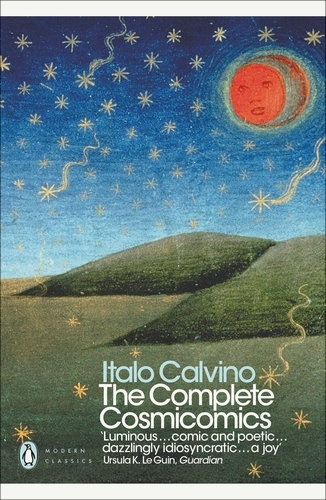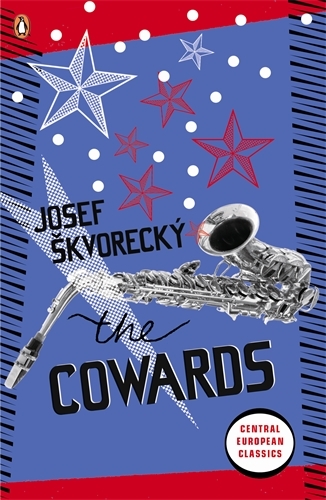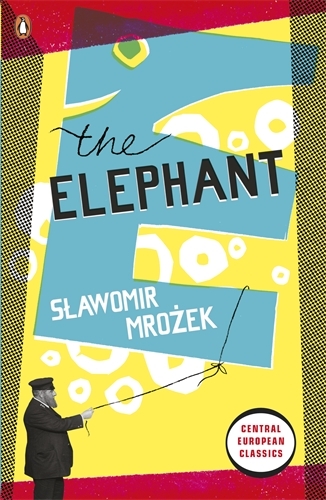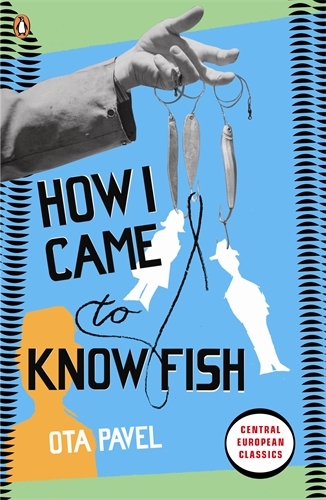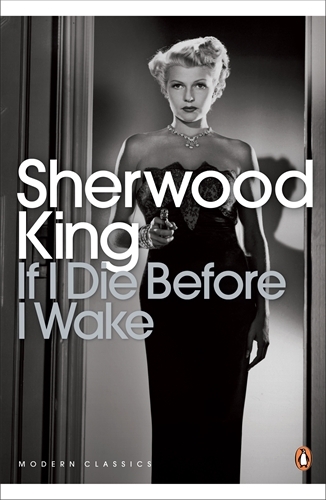Penguin Modern Classics
1281 books in this series
The Sound of Trumpets
When a Tory MP is found dead in a swimming-pool wearing a leopardskin bikini, the embittered Leslie (now Lord) Titmuss sees the ideal opportunity to re-enter the political arena. All he needs is a puppet, and Terry Flitton - inoffensive New Labourite - is perfect. Along with his beautiful, very PC wife, Terry heads blindly for the Hartscombe and Worsfield South by-election. But is he too busy listening for the sound of victory trumpets to notice that the Tory dinosaur is not quite extinct?
John Mortimer's brilliant follow-up to Paradise Postponed and Titmuss Regained, The Sound of Trumpets is a devilishly witty satire on political ambition, spin and sleaze, and the culmination of a masterly trilogy.
John Mortimer's brilliant follow-up to Paradise Postponed and Titmuss Regained, The Sound of Trumpets is a devilishly witty satire on political ambition, spin and sleaze, and the culmination of a masterly trilogy.
Titmuss Regained
The Right Honourable Leslie Titmuss has clawed his way up the Tory government ranks and is now Secretary of State at the Ministry of Housing, Ecological Affairs and Planning (H.E.A.P.), and in pursuit of beautiful widow Jenny Sidonia. But seismic changes are afoot in the beautiful countryside where a new town threatens to engulf his own back garden. Will Leslie bow to market forces? Or will he join the fight against the multi-storey car parks, shopping precincts and office blocks that could sweep away Rapstone Valley?
The sequel to John Mortimer's stunning novel Paradise Postponed, Titmuss Regained is a panoramic satire on the machinations of politics and an affectionate elegy to a disappearing world.
The sequel to John Mortimer's stunning novel Paradise Postponed, Titmuss Regained is a panoramic satire on the machinations of politics and an affectionate elegy to a disappearing world.
Undertones of War
In what is one of the finest autobiographies to come out of the First World War, the distinguished poet Edmund Blunden records his experiences as an infantry subaltern in France and Flanders. Blunden took part in the disastrous battles of the Somme, Ypres and Passchendaele, describing the latter as 'murder, not only to the troops, but to their singing faiths and hopes'. In his compassionate yet unsentimental prose, he tells of the heroism and despair found among the officers. Blunden's poems show how he found hope in the natural landscape; the only thing that survives the terrible betrayal enacted in the Flanders fields.
The Black Cloud
A 1959 classic 'hard' science-fiction novel by renowned Cambridge astronomer and cosmologist Fred Hoyle. Tracks the progress of a giant black cloud that comes towards Earth and sits in front of the sun, causing widespread panic and death. A select group of scientists and astronomers - including the dignified Astronomer Royal, the pipe smoking Dr Marlowe and the maverick, eccentric Professor Kingsly - engage in a mad race to understand and communicate with the cloud, battling against trigger happy politicians.
In the pacy, engaging style of John Wyndham and John Christopher, with plenty of hard science thrown in to add to the chillingly credible premise (he manages to foretell Artificial Intelligence, Optical Character Recognition and Text-to-Speech converters), Hoyle carries you breathlessly through to its thrilling end.
In the pacy, engaging style of John Wyndham and John Christopher, with plenty of hard science thrown in to add to the chillingly credible premise (he manages to foretell Artificial Intelligence, Optical Character Recognition and Text-to-Speech converters), Hoyle carries you breathlessly through to its thrilling end.
Auntie Mame
When shy young heir Patrick is orphaned at the age of ten, the only family he has is his wealthy and eccentric aunt, a New York socialite named Mame. Prone to dramatic costumes, flights of fancy and expensive whims, Mame will raise Patrick the only way she knows how - with humour, mishaps, unforgettable friends and lots of love. From progressive schooling and Mame's search for a husband to her short-lived literary career and the puncturing of some of Patrick's romances, Auntie Mame is the most magnificent and hilarious work of love, style, wit and the life of a modern American.
The Graduate
As far as Benjamin Braddock's parents are concerned, his future is sewn up. Now he has graduated from college, he will go to Yale or Harvard, get a good job and enjoy a life of money, cocktails and pool parties in the suburbs, just like them. For Benjamin, however, this isn't quite enough. When his parents' friend Mrs Robinson, a formidable older woman, strips naked in front of him and they begin an affair, it seems he might have found a way out. That is, until her daughter Elaine comes into the picture, and things get far more complicated.
The Spy Who Came in from the Cold
Alex Leamas is tired. It's the 1960s, he's been out in the cold for years, spying in Berlin for his British masters, and has seen too many good agents murdered for their troubles. Now Control wants to bring him in at last - but only after one final assignment.
He must travel deep into the heart of Communist Germany and betray his country, a job that he will do with his usual cynical professionalism. But when George Smiley tries to help a young woman Leamas has befriended, Leamas's mission may prove to be the worst thing he could ever have done.
In le Carré's breakthrough work of 1963, the spy story is reborn as a gritty and terrible tale of men who are caught up in politics beyond their imagining.
With a new introduction by William Boyd and an afterword by Le Carré himself.
He must travel deep into the heart of Communist Germany and betray his country, a job that he will do with his usual cynical professionalism. But when George Smiley tries to help a young woman Leamas has befriended, Leamas's mission may prove to be the worst thing he could ever have done.
In le Carré's breakthrough work of 1963, the spy story is reborn as a gritty and terrible tale of men who are caught up in politics beyond their imagining.
With a new introduction by William Boyd and an afterword by Le Carré himself.
Flappers and Philosophers: The Collected Short Stories of F. Scott Fitzgerald
Encompassing the very best of F. Scott Fitzgerald's short fiction, this collection spans his career, from the early stories of the glittering Jazz Age, through the lost hopes of the thirties, to the last, twilight decade of his life. It brings together his most famous stories, including 'The Diamond as Big as the Ritz', a fairy tale of unlimited wealth; the sad and hilarious stories of Hollywood hack Pat Hobby; and 'The Lost Decade', written in Fitzgerald's last years.
We the Living
Depicting the daily struggle of the individual against a tyrannical dictatorship, We the Living shows the terrible impact of a revolution on three people who demand the right to live their own lives and pursue their happiness. Kira, determined to maintain her independence and courageous in the face of starvation and poverty; Leo, upper class and paralysed by state repression; and Andrei, an idealistic communist and officer in the secret police who nonetheless wants to help his friends.
The Orwell Diaries
George Orwell was an inveterate keeper of diaries. The Orwell Diaries presents eleven of them, covering the period 1931-1949, and follows Orwell from his early years as a writer to his last literary notebook. An entry from 1931 tells of a communal shave in the Trafalgar Square fountains, while notes from his travels through industrial England show the development of the impassioned social commentator.
This same acute power of observation is evident in his diaries from Morocco, as well as at home, where his domestic diaries chart the progress of his garden and animals with a keen eye; the wartime diaries, from descriptions of events overseas to the daily violence closer to home, describe astutely his perspective on the politics of both, and provide a new and entirely refreshing insight into Orwell's character and his great works.
This same acute power of observation is evident in his diaries from Morocco, as well as at home, where his domestic diaries chart the progress of his garden and animals with a keen eye; the wartime diaries, from descriptions of events overseas to the daily violence closer to home, describe astutely his perspective on the politics of both, and provide a new and entirely refreshing insight into Orwell's character and his great works.
The Mountains of My Life
The Mountains of My Life collects Walter Bonatti's classic writings detailing his exploits on numerous expeditions to different mountains of the world, as well as the real story behind the controversy over the events on K2 that changed his life. Bonatti is one of the greatest mountaineers of all time, and these awe-inspiring writings capture the adventure, audacity and magnitude of his craft.
The Complete Cosmicomics
Enchanting stories about the evolution of the universe, with characters that are fashioned from mathematical formulae and cellular structures. They disport themselves among galaxies, experience the solidification of planets, move from aquatic to terrestrial existence, play games with hydrogen atoms - and have time for a love life.
'Naturally, we were all there, - old Qfwfq said, - where else could we have been? Nobody knew then that there could be space. Or time either: what use did we have for time, packed in there like sardines?'
'Naturally, we were all there, - old Qfwfq said, - where else could we have been? Nobody knew then that there could be space. Or time either: what use did we have for time, packed in there like sardines?'
The Cowards
The Cowards (1958) is Josef Skvorecky's blackly comic tale of post-war politics that was immediately banned on publication. In 1945, in Kostelec,Danny is playing saxophone for the best jazz band in Czechoslovakia. Their trumpeter has just got out of a concentration camp, their bass player is only allowed in the band since he owns the bass, and the love of Danny's life is in love with somebody else. But Danny despairs most about the bourgeoisie patriots in his town playing at revolution in the face of the approaching Red Army - not least because it ruins the band's chance of any good gigs.
The Elephant
The Elephant (1957) is Slawomir Mrozek's award-winning collection of hilarious and unnerving short stories, satirising life in Poland under a totalitarian regime. The family of a wealthy lawyer keep a 'tamed progressive' as a pet; a zoo saves money for the workers by fashioning their elephant from rubber; a swan is dismissed from the municipal park for public drunkenness; and under the Writers' Association, literary critics are banished to the salt mines. In these tales of bureaucrats, officials and artists, Mrozek conjures perfectly a life of imagined crimes and absurd authority.
How I Came to Know Fish
How I Came to Know Fish (1974) is Ota Pavel's magical memoir of his childhood in Czechoslovakia. Fishing with his father and his Uncle Prosek - the two finest fishermen in the world - he takes a peaceful pleasure from the rivers and ponds of his country. But when the Nazis invade, his father and two older brothers are sent to concentration camps and Pavel must steal their confiscated fish back from under the noses of the SS to feed his family. With tales of his father's battle to provide for his family both in wealthy freedom and in terrifying persecution, this is one boy's passionate and affecting tale of life, love and fishing.
If I Die Before I Wake
Laurence is a young ex-sailor who can't resist the lure of the good life, and when he finds a job as chauffeur to the wealthy Mr and Mrs Bannister, his occasional work leaves him free to indulge. Bannister himself is bitter - his twisted leg keeps him on the sidelines while his ravishingly beautiful wife endures his moods with saintly patience. Or does she? It's the Bannisters' closest friend, Grisby, who starts stirring, getting Laurence to agree to a crazy plot. It will net him thousands, no strings attached. But is it all too easy?

